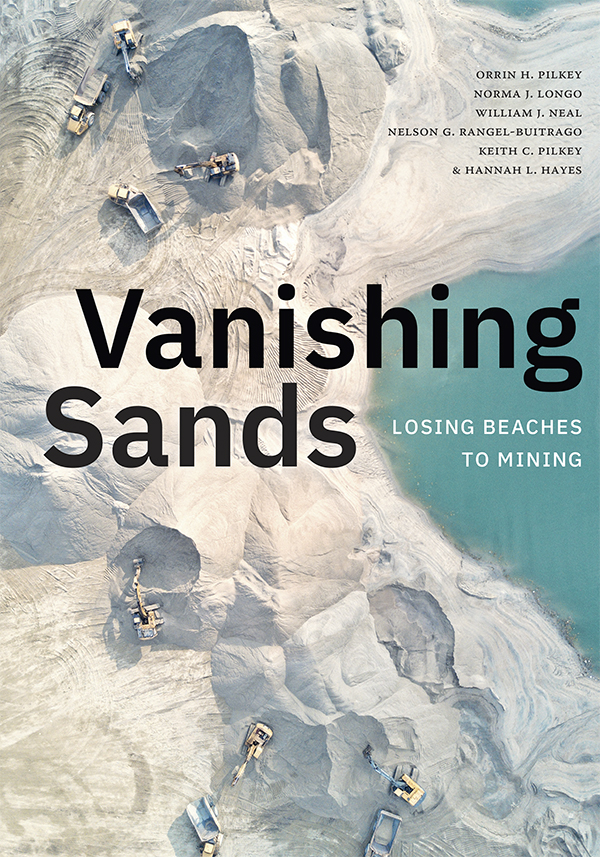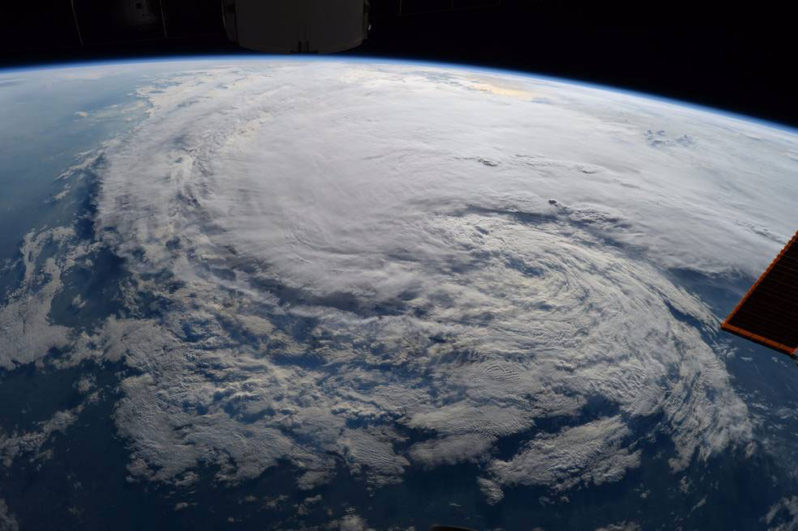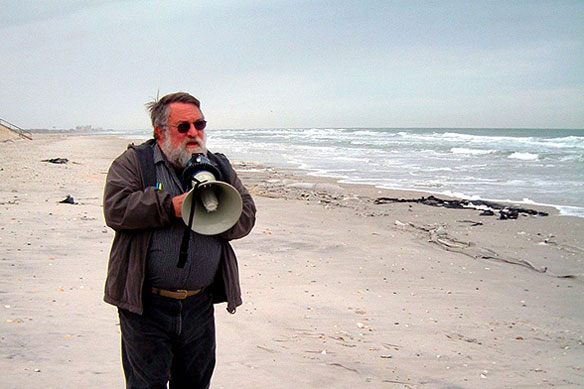The Loss of Coastal Legend . . .

We are sad to report that a true coastal legend passed away after a short illness on December 13, 2024. Dr. Orrin Pilkey was Professor Emeritus of Earth and Ocean Sciences, Nicholas School of the Environment at Duke University, and founder and Director Emeritus of the Program for the Study of Developed Shorelines. Orrin was special for many reasons and was a friend and colleague to many of us. We thought this amazing guy was so tough and resilient that he would simply never die…
The global impact of sand mining on beaches and dunes – Ocean & Coastal Management

Beaches and coastal dunes have always supplied sand for a wide range of uses, and initially the extracted volumes were limited to buckets, wheelbarrows, or small pickup truck loads. However, starting in the late twentieth century, and thanks to urban development, especially for coastal tourism, coastal and river sand has been extracted at an accelerated pace, and on a much grander scale…
Vanishing Sands: How Sand Mining is Stripping Away Earth’s Beaches by Orrin Pilkey, et al – Duke | Nicholas School of the Environment

A new book from Duke University Press, “Vanishing Sands: Losing Beaches to Mining,” casts light on the shadowy world of sand mining through case studies that illuminate its disastrous impacts and a concluding chapter that proposes common-sense solutions.
Because of the tradition of viewing beaches as public land, people have historically thought of beach sand as a free and limitless resource, Pilkey and his co-authors explain in their preface to “Vanishing Sands…”
The end of the world’s most famous beaches – II ; By Orrin H. Pilkey and J. Andrew G. Cooper

In celebration of Coastal Care’s 10 Year Anniversary, we are republishing an acclaimed selection of the most popular Beach Of the Month contributions of the decade.
What Harvey means for future storms across the nation; Op Ed By orrin H. Pilkey

Forewarning about the path and future disastrous evolution of Hurricane Harvey proved to be quite accurate. Hurricane Harvey may be an example of the long-predicted intensification of storms resulting from the warming of the seas.
Orrin H. Pilkey: Heading over the coastal cliff in North Carolina; Op Ed

In the December 16 issue of Science, an insightful article about sea-level rise argues that there is a good possibility that the increase will exceed six feet by 2100.
Top 5 Threats To The World’s Beaches (And A Systemic Solution)

Professors Orrin Pilkey and Andrew Cooper are writing what promises to be an outstanding book. In The Last Beach (to be published this summer by Duke University Press), they describe the top five threats to beaches around the world. Even a quick overview of these threats suggests a strategy for confronting the degradation and loss of beaches.
A Guide to Understanding Mathematical Models Used to Predict Beach Behavior, For Those Who Had a Hard Time With Algebra

Many of you may have read environmental impact statements or engineering design documents or have attended public hearings about plans to engineer beaches. You suspect that the plan is flawed but you find yourself up against a brick wall in the form of a mathematical model. You are not the only one…
Denying Sea-Level Rise: How 100 Centimeters Divided The State of North Carolina

On the surface, it looks like America is a place where scientists and scientific achievements are held in high regard. However, just below the surface, there is another America. This America is populated by people who, on economic, political or religious grounds, have chosen to reject the consensus of the global scientific community on various topics. By Alexander Glass and Orrin Pilkey.
